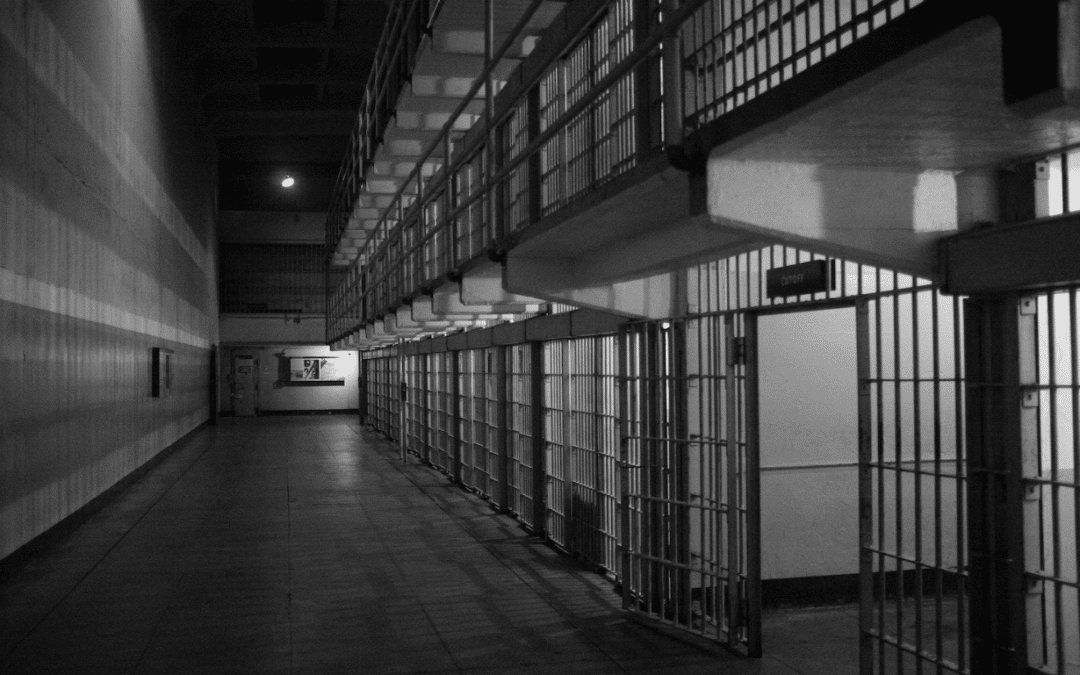Just because you are incarcerated does not mean you lose all of your rights. Understanding your legal rights as a prisoner in Pennsylvania can help you protect them as you complete your sentence. If you have been subjected to abuse, inhumane conditions, discrimination, or other violations of your legal rights, it is important that you reach out to an attorney as soon as possible.
Prisoners Have the Right to Due Process and Access to Court
Prisoners have a constitutional right to due process under the law under the 14th Amendment of the Constitution. Any disciplinary action taken against an inmate needs to follow legal procedures outlined by the state or federal government. For example, the entity bringing charges against the prisoner, whether the state or the prison officials, must provide evidence and allow the prisoner to defend themselves before imposing any type of punishment.
The prison cannot try to deny a prisoner access to courts. As a prisoner, you have the right to present constitutional grievances to a court of law, and prisons are required to help you with the legal paperwork. Your communication with your attorney is confidential, and you are entitled to legal supplies, notary services, and photocopies.
First Amendment Rights
Prisoners do not lose their first amendment rights when they enter prison as an inmate. Prison staff cannot censor your mail, and you have a right to free speech in correspondence. Your religious beliefs are protected, and you have the right to attend religious services and otherwise practice your religion. You have the right to communicate with media by mail and the right to receive visitors.
Constitutional Protection Against Cruel and Unusual Punishment and the Use of Excessive Force
Unfortunately, there have been many instances of prisoners who have been subjected to cruel and unusual punishment that causes injuries. Guards or staff members may use excessive force when transferring inmates to different areas of the prison. In other cases, prisons are not well-staffed enough to keep prisoners safe. Prison riots can result in injuries when the prison administration does not manage the prison well. Under no circumstances should physical punishment occur, such as beating a prisoner as a type of discipline or reacting to the prisoner’s behavior.
The Right to Complain About Treatment or Conditions in Prison
Prisoners may be concerned about complaining that their rights have been violated because they are afraid of being punished or retaliated against by prison staff. All correctional facilities are legally obligated to provide prisoners with access to grievance procedures. Grievance procedures allow inmates to report concerns and complaints about unsafe conditions, mistreatment, and violating their rights without fear of retribution from guards or administrators.
The Rights of Pregnant Prisoners
Pregnant prisoners have certain rights, including healthcare access and housing accommodations for better supervision. Prisoners have a right to privacy for prenatal care visits and access to necessary services like substance abuse counseling and parenting classes. All correctional facilities must provide appropriate medical care for pregnant inmates throughout their stay in the facility, from when they are admitted to when they are released.
Prisoners With Disabilities Have Rights
If you have a disability, you are protected by the Americans with Disabilities Act (ADA) while in prison. The prison is required to provide you with reasonable accommodations necessary to ensure equal access for inmates with disabilities. An example of reasonable accommodations might be an interpreter, accessible bathrooms, showers and toilets, wheelchairs, and other assistive devices. The prison cannot discriminate against you because you have a disability in any activity or program conducted by the correctional facility.
Freedom From Sex-Based Discrimination, Including Sexual Harassment
The Federal Prison Rape Elimination Act (FPREA) gives inmates the right to be free from sex-based discrimination, including sexual harassment. Prisoners have these rights regardless of their sexual identity. Comments based on gender identity or sexual orientation, or any other form of unwanted advances or comments based on sexuality, cannot be tolerated within the correctional facility. If you have experienced sex-based discrimination or harassment, it is crucial that you report the issue immediately so prison authorities can take proper action. Unfortunately, they may not take action and ignore your complaint. in that case, it is wise to speak to an attorney about your case.
The Right to Nutrition
Inmates have a right to adequate nutrition in a correctional facility. Specifically, they have a right to three meals a day at regular intervals with enough food to stay healthy. The type and quality of food should meet the state’s nutritional guidelines and be served in a way that respects human dignity.
The Right to Humane Conditions
Inmates have a right to humane conditions and to be treated with respect. They have a right to basic sanitary needs such as having access to adequate shelter, sleeping arrangements, and clean water. They should also be provided with basic necessities, including vetting materials, clothing, toiletries, and access to recreational activities.
The Right to Medical and Mental Health Care
Inmates have the right to timely and appropriate medical and mental health care. The correctional facility must provide prompt medical attention when an inmate has a mental illness, physical illness, or injury. The treatment must be by a qualified medical professional who can diagnose and treat their condition. Prisoners should have access to routine healthcare services such as checkups and immunizations.
Contact a Philadelphia Prisoner’s Rights Attorney
If you or your loved one are incarcerated in a Pennsylvania correctional facility, it is essential that you understand the legal rights of inmates. If you feel that one or more of the above-mentioned rights have been violated while you have been in person, you may have a right to a legal claim for compensation. The personal injury attorneys at Abramson & Denenberg, P.C. have a proven track record of holding correctional facilities accountable when they violate prisoners’ rights. Contact the Philadelphia attorneys at Abramson & Denenberg, P.C. to schedule a complimentary, no-obligation consultation and learn more about how we can fight for you.

